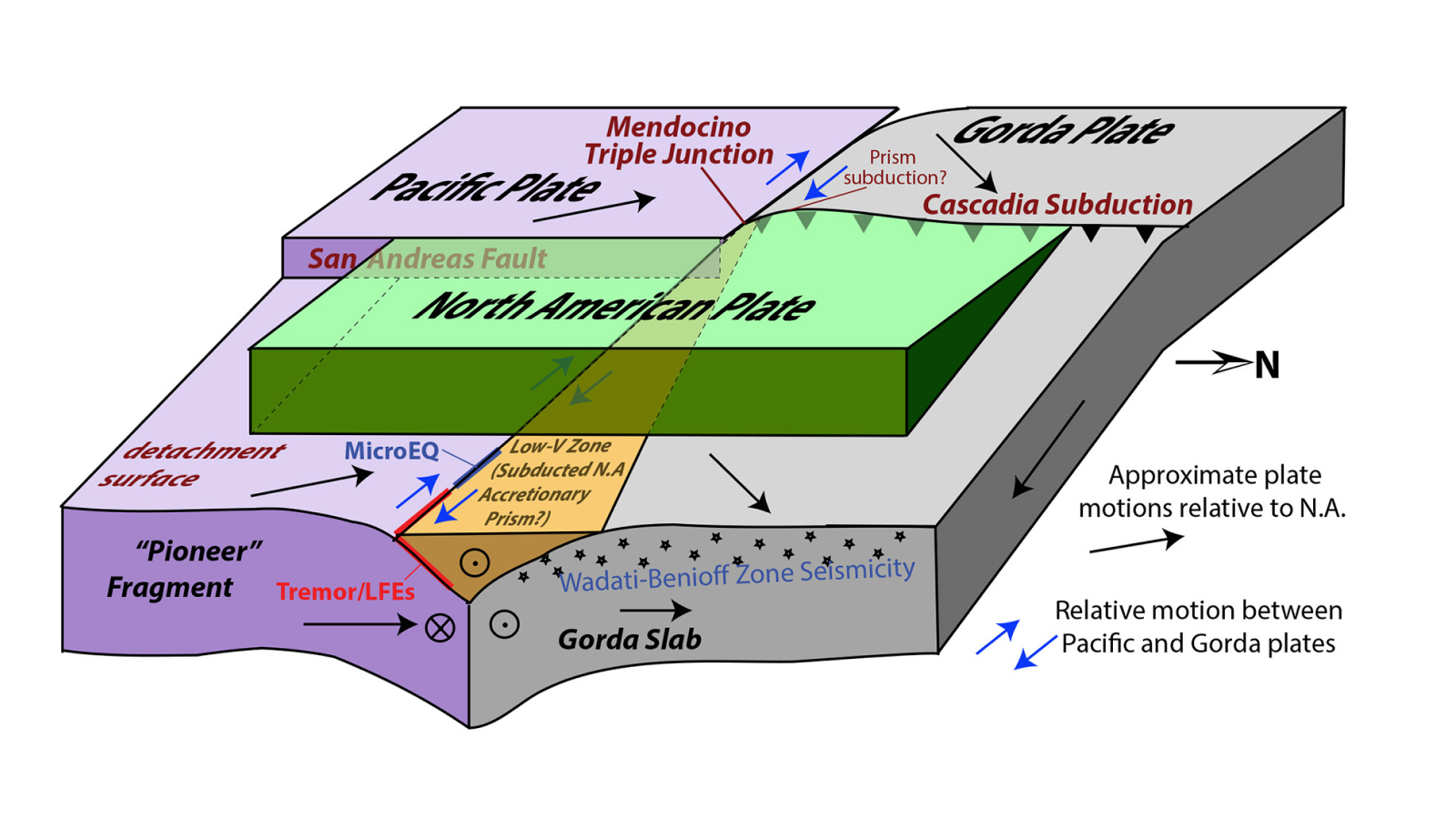After the Buzz: Binge Drinking Linked with Learning Trouble
Binge drinking could have effects even after the buzz wears off it's associated with a decreased ability to learn verbal information, according to a new study.
College students who reported that they participated in binge drinking scored lower on a verbal learning test than college students who don't binge drink, the study said.
Researchers think that the results come from alcohol's toxic effect on the hippocampus, the brain region responsible for learning and memory. Previous research in animals has shown that this brain region is particularly sensitive to alcohol, said study researcher Maria Parada, a postdoctoral researcher at the University of Santiago of Compostela in Spain.
Binge drinking is defined as drinking five or more alcoholic drinks (or four or more, for women) during one occasion. Moderate alcohol consumption is considered having two drinks per day for men, or one drink per day for women, according to the Centers for Disease Control and Prevention.
The study will be published in August in the journal Alcoholism: Clinical & Experimental Research.
Test scores
Parada and her colleagues surveyed 122 college students ages 18 to 20 (the legal drinking age in Spain is 18) on their drinking habits . Sixty-two of them partook in binge drinking, and 60 of them did not.
Get the world’s most fascinating discoveries delivered straight to your inbox.
The college students were given three tests. The first test involved learning and recalling 15 words and the second test involved recalling a story after being told the story 30 minutes prior; both of the tests measured verbal memory. The third test involved remembering information from four images, which measured visual memory.
The students who reported binge drinking scored worse on the first and second tests that measured verbal memory.
"Our main finding was a clear association between binge drinking and a lower ability to learn new verbal information in healthy college students, even after controlling for other possible confounding variables such as intellectual levels, history of neurological or psychopathological disorders, other drug use, or family history of alcoholism," Parada said in a statement.
Behind the association
One of the big factors in the association between binge drinking and decreased learning abilities is that there is a low perception of risk and harm from binge drinking, Parada said.
Health risks are often emphasized during the act of binge drinking , but people don't often hear about the other effects alcohol could have on the brain, she said.
While there does appear to be an association between binge drinking and learning abilities, researchers cautioned that it's only a link and said there needs to be more research before it can be assumed that binge drinking actually causes learning problems.
For example, student effort and class attendance are other factors that could influence the learning abilities of the binge-drinking students, she said.
Next, Parada hopes to follow young people who binge drink to keep track of their academic achievements and see if extreme alcohol consumption is the main contributing factor to learning problems.
Pass it on: Binge drinking is associated with decreased verbal learning abilities, compared with non-binge drinkers.
Follow MyHealthNewsDaily staff writer Amanda Chan on Twitter @AmandaLChan.
 Live Science Plus
Live Science Plus






